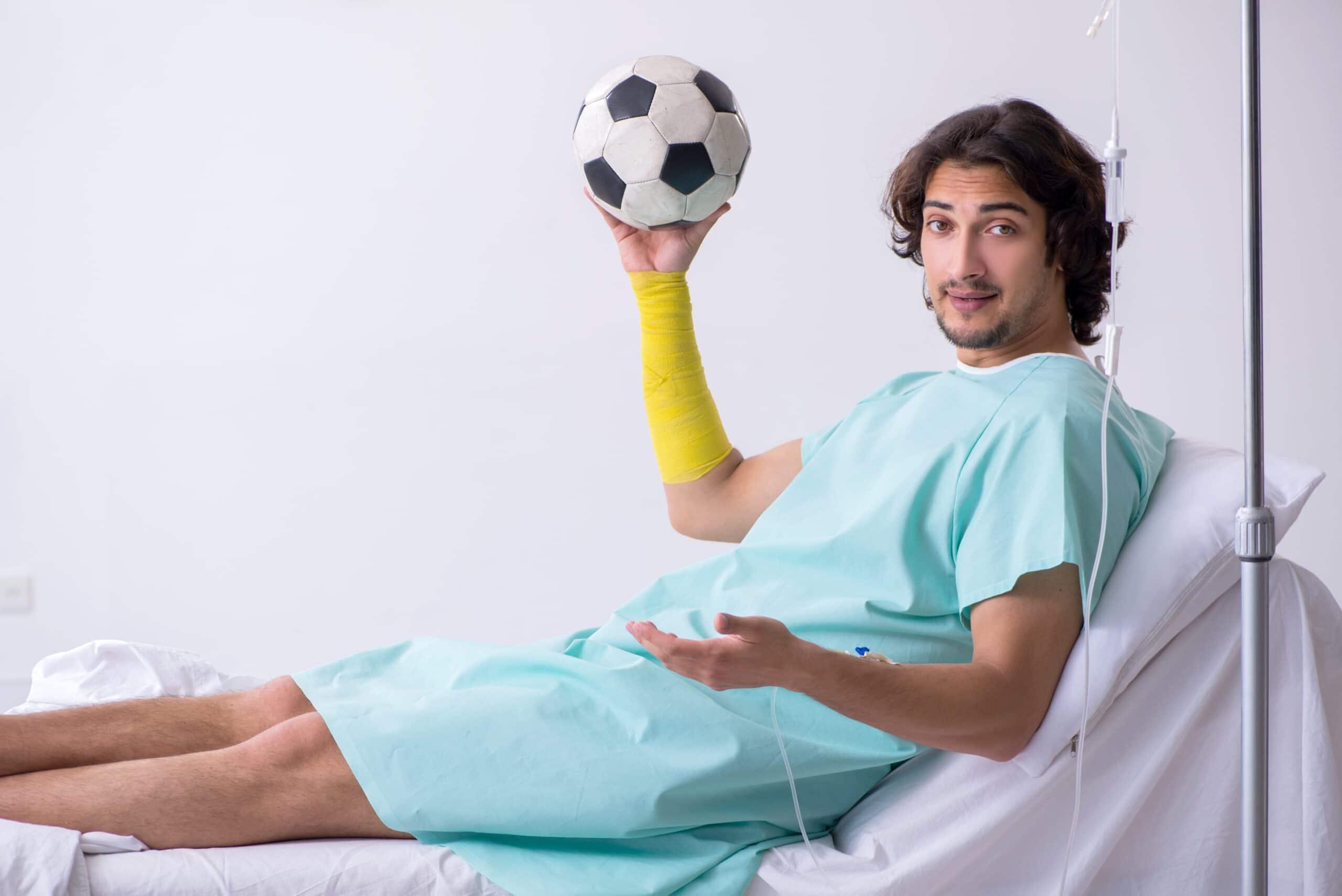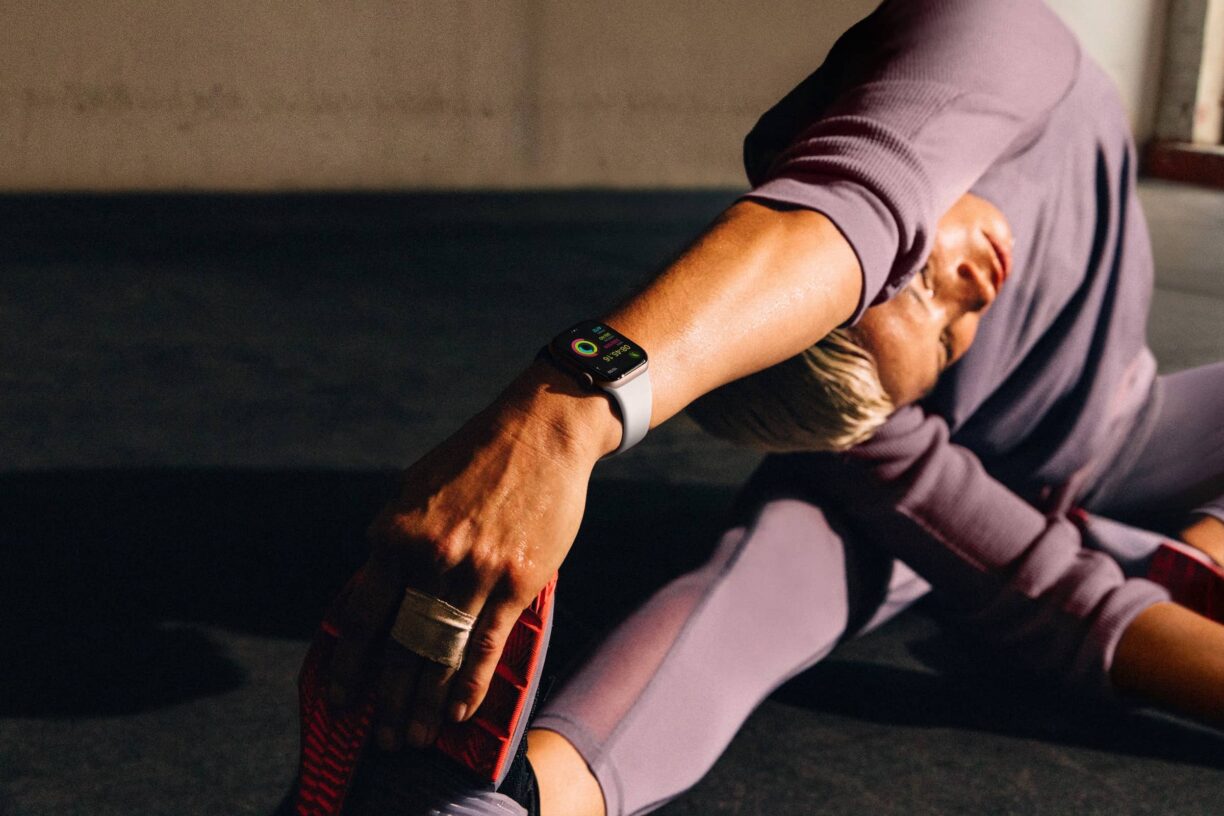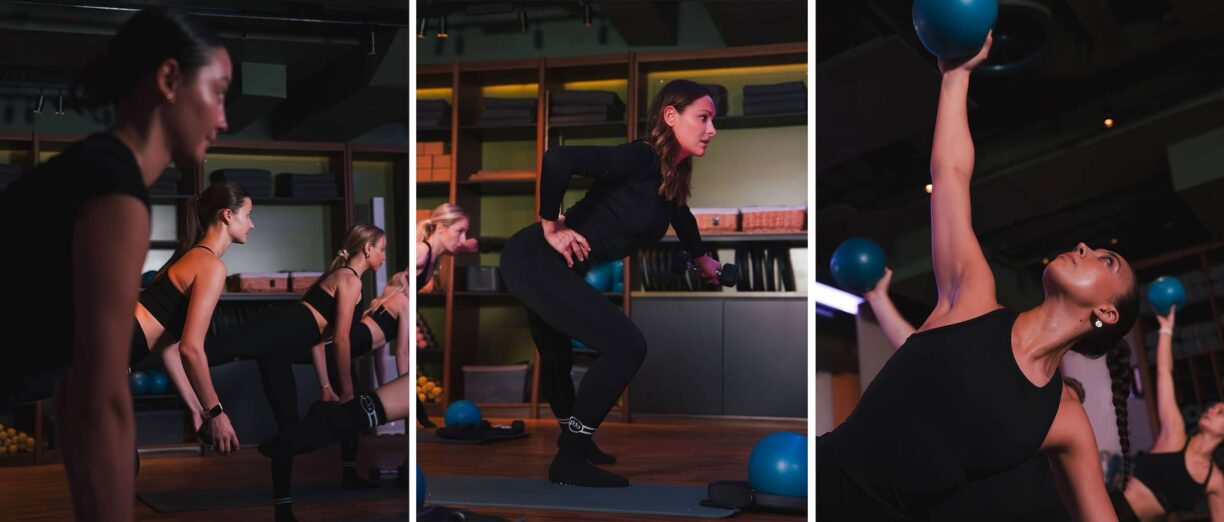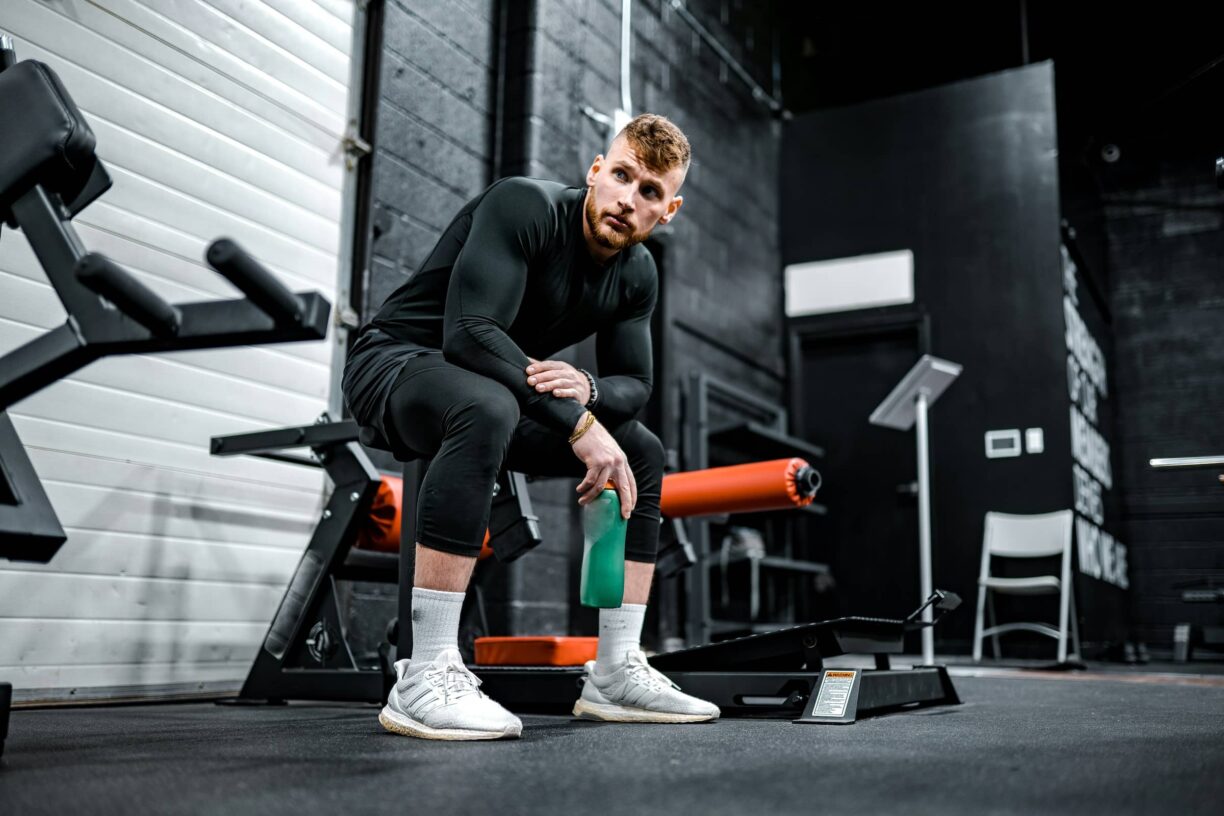It’s important for athletes to perform at their peak physical condition, whether they are a pro ballplayer, aspiring Olympian, or weekend warrior.
There are a lot of tools that can help improve their performance, such as supplements, speed or agility training, personal coaching, and high-tech equipment, but IV therapy is essential for many athletes.
IV therapy for athletes can be used before or after a major athletic event. Some athletes rely on IVs during training or in the days leading up to their endurance event.
Others use IVs for the all-important recovery period after pushing their bodies to the limit.
The type of IV an athlete chooses depends on what goals they’re trying to achieve.
IVs and Rehydration
Dehydration is a common pitfall for athletes. Intense physical exertion, especially over a prolonged period of time, leads to excessive sweating that drains the body of much-needed fluids, minerals, and electrolytes.
This can be exacerbated by hot weather or endurance events that make it hard to hydrate. It’s easy for athletes to get dehydrated in these situations. Common signs of dehydration include:
- Dryness in the mouth or eyes
- Infrequent urination or dark-colored urine
- Headaches
- Fatigue or lightheadedness
- Intense thirst
Because athletes lose a lot of fluid during intense physical activity, they run the risk of dehydration.
Unfortunately, this means their athletic performance can suffer. Plus, sometimes the dehydration is so severe that consuming water or sports drinks isn’t enough.
IV therapy can deliver vitamin-rich hydration that the body needs, replenishing those lost fluids and electrolytes. Athletes will use IVs to rehydrate after an event or during training to keep the body in prime shape.
A Myers’ Cocktail is one of the best courses of IV therapy for athletes. This IV is renowned for its ability to hydrate while also boosting energy levels—it’s ideal for both pre- or post-workout.
It contains a specially formulated blend of vitamins and minerals, including B Complex, B12, vitamin C, magnesium, and glutathione.
This can help the body re-balance itself, which can also help maintain athletic performance.
IVs and Sore Muscles
Athletes are typically in fantastic shape, but they’re not above feeling aches and pains after a tough strength workout or a marathon race.
Muscle pains and cramps are common after sustained exercise, and dehydration can be a contributing factor.
Some athletes use IV therapy to relieve pain, while others try to prevent muscle aches from happening in the first place by using IVs to stay hydrated before a major training session or athletic event.
The theory is that if the body is well-hydrated, there’s less chance of muscle soreness. Again, a Myers’ Cocktail offers many benefits, including effective rehydration.
IVs and Recovery
Spending four quarters on the football field or reaching the summit on a mountain climb can take a toll on the body.
In addition to dehydration and muscle pains, athletes may experience body inflammation and exhaustion after an event.
A Myers’ Cocktail may help relieve those issues, so athletes can bounce back more quickly. However, a custom IV is another option for IV therapy for athletes.
With this option, they can add vitamins, minerals, or medications to the IV, so it’s tailored to their needs.
For instance, glutathione is an antioxidant believed to promote healing. Vitamin D helps control inflammation, skeletal muscle growth, and injury recovery, all of which are essential for athletic endeavors.
And zinc supports a stronger immune system, which can weaken from stress during exercise.
How IV Therapy for Athletes Works
Athletes should check with their sport’s governing body to ensure IV therapy isn’t on a banned substance list before embarking on treatment.
It’s also wise to work with a reputable company that specializes in IV therapy and employs experienced medical professionals to administer the infusions.
Medical professionals will use their expertise to help athletes decide which type of IV will work best for them.
IV therapy is simple. The medical provider will insert a small catheter into the arm and attach it to an IV bag via a tube, so fluids can intravenously flow into the body.
This ensures rapid, maximum effectiveness because all the vitamins and minerals in the IV solution are directly absorbed into the body.
It’s easy to stay comfortable and relaxed during an IV therapy session. The provider monitors each patient to ensure they are comfortable and that everything goes smoothly.
IV infusions are also brief, typically lasting between 30 and 45 minutes—much shorter than the standard pro soccer match or basketball game.
Athletes looking to stay in peak physical shape should explore IV therapy and how it can help them on and off the playing field.





